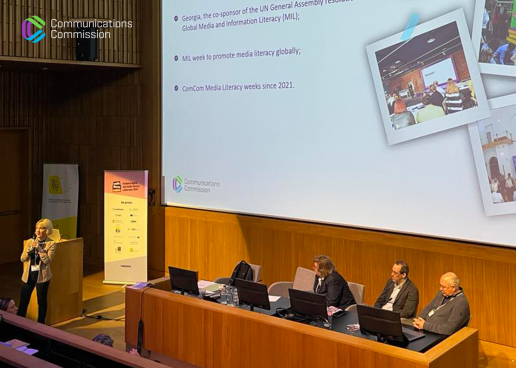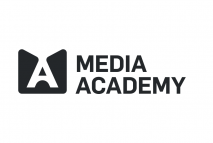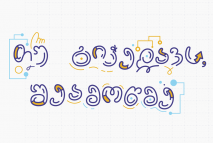“Significant Results Have Been Achieved in the Field of Media Literacy in a Short Time” – European Colleagues on ComCom

Within the framework of the EU Digital and Media Literacy Conference “Media Literacy Matters,” ComCom member Natia Kukuladze held a presentation on the policies and projects implemented by the Commission in the field of media literacy and digital inclusion. In her speech, Ms Kukuladze talked about Georgia’s positive experiences with regards to integration of media literacy into formal education, improving the rural population’s digital skills, as well as other achievements in this field.
“It is the policy of the Commission to systematically integrate media literacy into formal education at every level. This approach is focussed on sustainable development and ensures the development of competencies and skills among young people that will allow them to overcome challenges associated with technological progress. This week’s events, as well as each conference and experience-sharing among colleagues is very important, and I am glad that Georgia is one of the advanced countries in terms of its efforts, vision and policy aimed at the development of media literacy,” Ms Kukuladze stated.
Aside from Natia Kukuladze, participants in the panel session, which was devoted to the topic of development of media literacy strategy, included international media literacy experts Renee Hobbs and Yonty Friesem, who discussed the development of a media literacy strategy in Georgia based on American examples. Head of The Media Literacy Development Department of the Communications Commission Mariam Dakhundaridze also took part in the event.
Upon the conclusion of the session, colleagues highlighted the progress achieved by the Communications Commission and pointed out that significant results have been achieved with regards to integrating media literacy into formal education in a short period of time.
The conference, which was attended by industry experts, educators, policy makers and other stakeholders, aimed to share best practices and information about digital and media literacy initiatives, dealing with misinformation, developing digital skills among youngsters, as well as address future technological challenges associated with media literacy.










